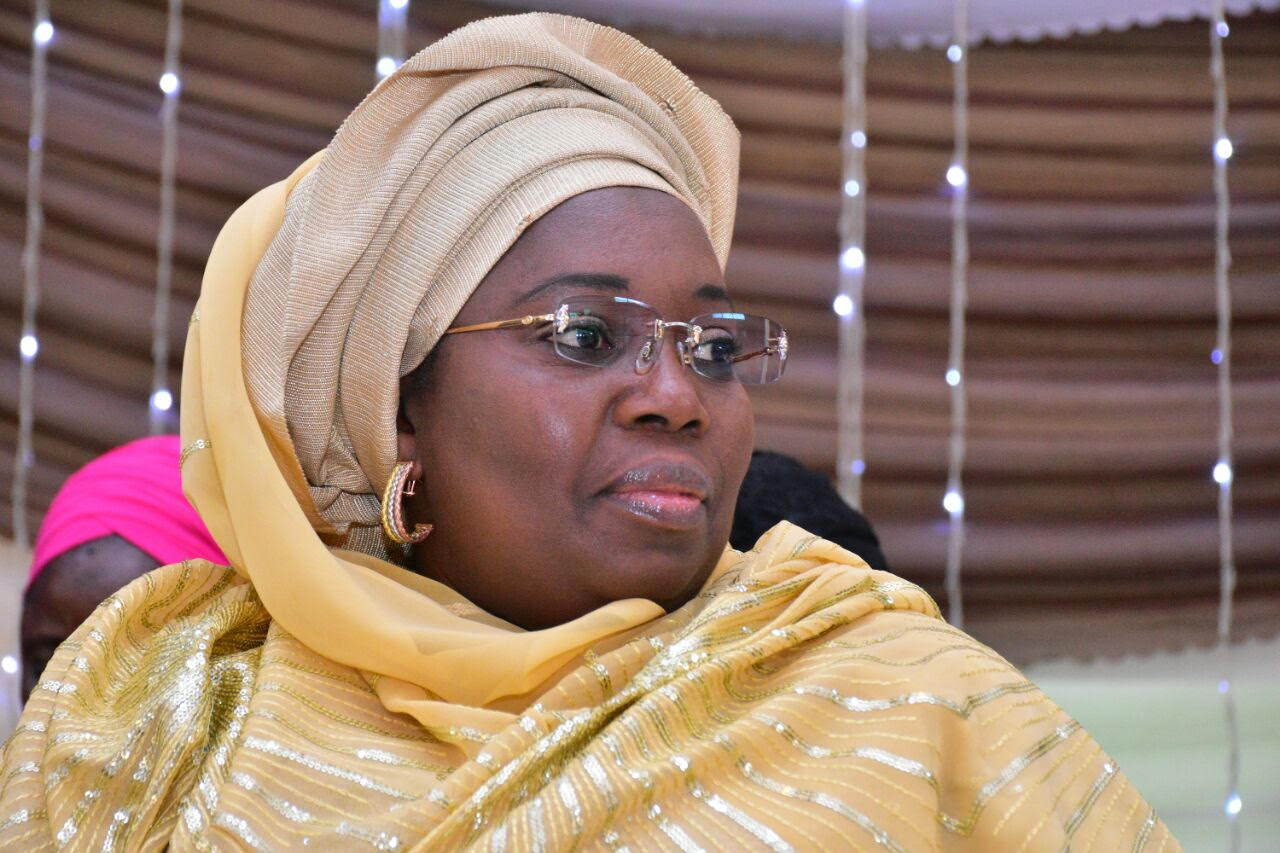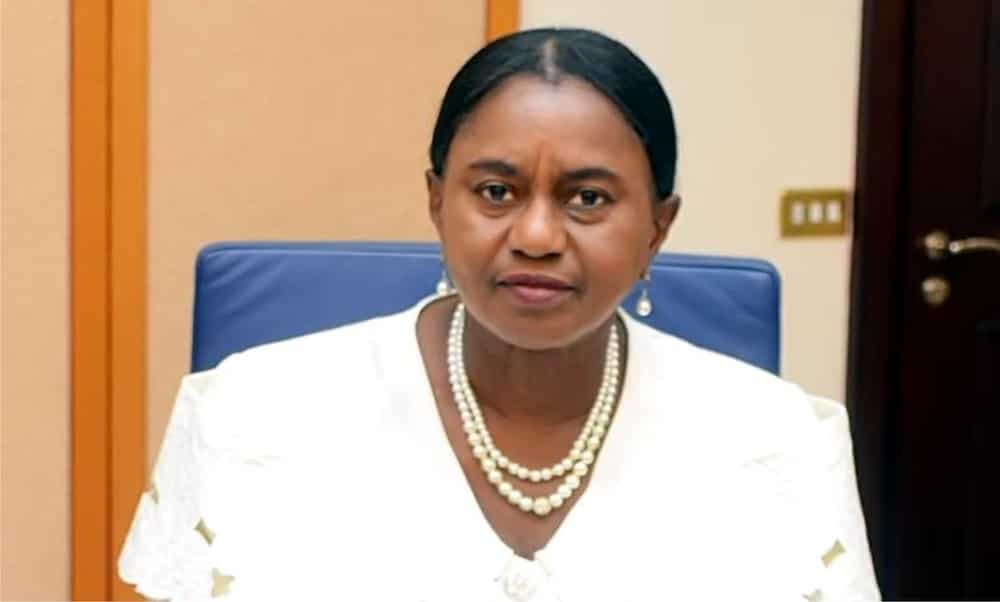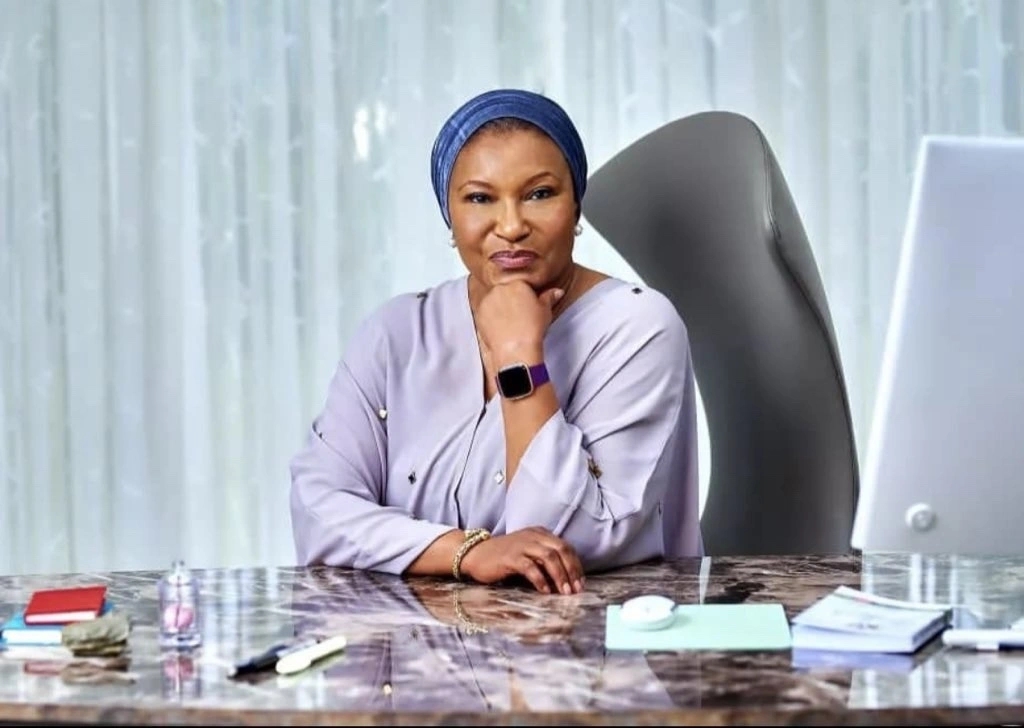Key highlight
- In this article, we will highlight some of the notable women who have won their NASS elections, their achievements, and their contributions to the development of Nigeria.
- 92 women contested for senate during the February 25 elections and 286 contested for the House of Representatives out of the 18 political parties.
- In the 9th assembly, out of the 469 parliamentary seats, eight women were elected into the senate and 13 women into the House of Representatives.
In recent years, there has been a significant reduction in the number of women who have been elected to the National Assembly in Nigeria.
In Nigeria, opening the space for more women in decision-making has not been easy as men dominate the space.
From the House of Representatives to the Senate, women have been breaking barriers and making their voices heard in the highest levels of government.
This is a positive development that reflects the growing recognition of the vital role that women play in shaping the country’s political landscape.
In the 9th assembly, eight women were elected into the senate and 13 women into the Houses of Representatives out of the 469 parliamentary seats.
According to data from INEC, 92 women contested for the senate during the February 25, 2023, elections and 286 women contested for the House of Representatives out of the 18 political parties that fielded candidates for the election.
As released by INEC on their website, only 3 women out of the 92 made it to the senatorial seat after the February 25 election.
They are Ipalibo Harry Banigo of the Peoples Democratic Party (PDP) from Rivers West District, Ireti Kingibe of the Labour Party (LP) in FCT and Idiat Adebule of All Progressives Congress (APC) from Lagos West District.
This number has shown a decrease compared to the number of women in the 9th senate. Among the three female senators who won, none of them was in the 9th senate which means that none of the senators from the 9th Senate made it to the 10th senate.
Ipalibo Harry Banigo ( PDP)
- Banigo emerged winner of the Rivers West Senatorial District with 67,668 votes.
- She is the outgoing deputy Governor of Rivers state. She is a medical doctor by profession who has distinguished herself in the medical profession as she has held various portfolios at the Rivers State Ministry of Health.
- Between 1964 and 1968, She attended Queens College, Yaba, Lagos and between 1969 and 1970 she returned to the same school for a high school result.
- She is the first female deputy governor of Rivers State since she was elected alongside Nyesom Wike on May 29, 2015.
Ireti Kingibe (LP)
Ireti Was declared the winner after scoring a total of 202,175 votes across the five area councils. She was elected to the Senate for the Abuja Federal Capital Territory after defeating Senator Philip Aduda who has been the FCT senator since April 9, 2011.
- She is a graduate of Civil Engineering from the University of Minnesota, United States.
- Between 1978 to 1979, she worked as a quality control engineer at Bradley Precast Concrete Inc.
- She proceeded to work at the Minnesota Department of Transportation Design unit as an engineer between 1979 and 1991.
- Between 1981 and 1982, she served as a project supervisor for the Directorate of Works at the Nigerian Air Force station in Ikeja, Lagos.
- She became affiliated with a political party in 1990 as a member of the defunct Social Democratic Party (SDP) and was appointed an adviser to the party’s national chairman.
Idiat Adebule (APC)
Idiat contested under the All Progressives Congress (APC) and was declared the winner of the Lagos west polls after securing 361,296 votes. She defeated Segun Adewale, of the PDP who secured 248,653 votes.
- She served as the 15th deputy governor of Lagos State making her the sixth woman to occupy the office from 2015 to 2019.
- Between October 2000 to February 2005, she was appointed Commissioner 1 in the Lagos State Post Primary Teaching Service Commission by Bola Ahmed Tinubu.
- She became a board member of the Lagos State Scholarship Board from February 2005 to November 2005.
- In July 2011, she was appointed Secretary to the State Government by Babatunde Raji Fashola the then Governor of Lagos state.
- Idiat began her career as a Junior lecturer at Michael Otedola College Of Primary Education, Epe Lagos State in the department of Religious Studies.

What you should know
- In 2023, 15 Women won seats in the House of Representatives.
- They are Ebikake Enenimiete of PDP in Bayelsa, Blessing Onuh and Regina Akume of APC in Benue State, Oby Orogbu, LP; Maureen Gwacham, APGA; and Chinwe Nnabuife of YPP in Anambra State, Zainab Gimba APC in Borno, Erhiatake Ibori-Suenu of PDP in Delta State, Miriam Onuoha in Imo, Ogbara Kafilat in Lagos, Adewunmi Onanuga in Ogun state, Beni Lar in plateau state, Boma Goodhead of the PDP in Rivers State, Fatsuma Talba and Khadija Ibrahim of APC in Yobe State.
- In 2019, 235 contested for Senate seats and 533 women contested for House of Representatives seats out of the total of 1,904 candidates for senatorial candies and a total of 4,680 Reps candidates.
- Of this number, only 21 women made it to the 9th assembly. eight in the senate and 13 in the House of Representatives.
- The 8th assembly had only 7 females out of the 109 elected senators and 22 females out of the 360 elected House of Representatives members.
- The 8th National Assembly consisted of only 7 females out of 109 Senate seats available, while 22 females got seats out of the 360 available seats in the House of Representatives.
Background
In 2006, a National Gender Policy (NGP) was formulated in Nigeria which recommended 35 percent affirmative action for women.
The policy demands 35 percent involvement of women in all governance processes. However, this policy was not adhered to by the government as more men were appointed to key government positions.
This led to a suit by Nine civil society organisations in 2020 seeking the implementation of the 35 percent Affirmative Action in appointments of women into public office.
Justice Donatus Okorowo of the Federal High Court Abuja, in his judgement, ordered the federal government to enforce the National Gender Policy by allotting 35 percent of appointments in the public sector to women.
The judge said the federal government was under obligation to adhere to the 35 percent affirmative action
as the policy was not merely a policy statement, but one that must be backed with requisite action on the government’s part.
He ordered the government to stop the apparent male dominance as witnessed in the appointments of men into key government positions and implement the 35 percent affirmative action.

